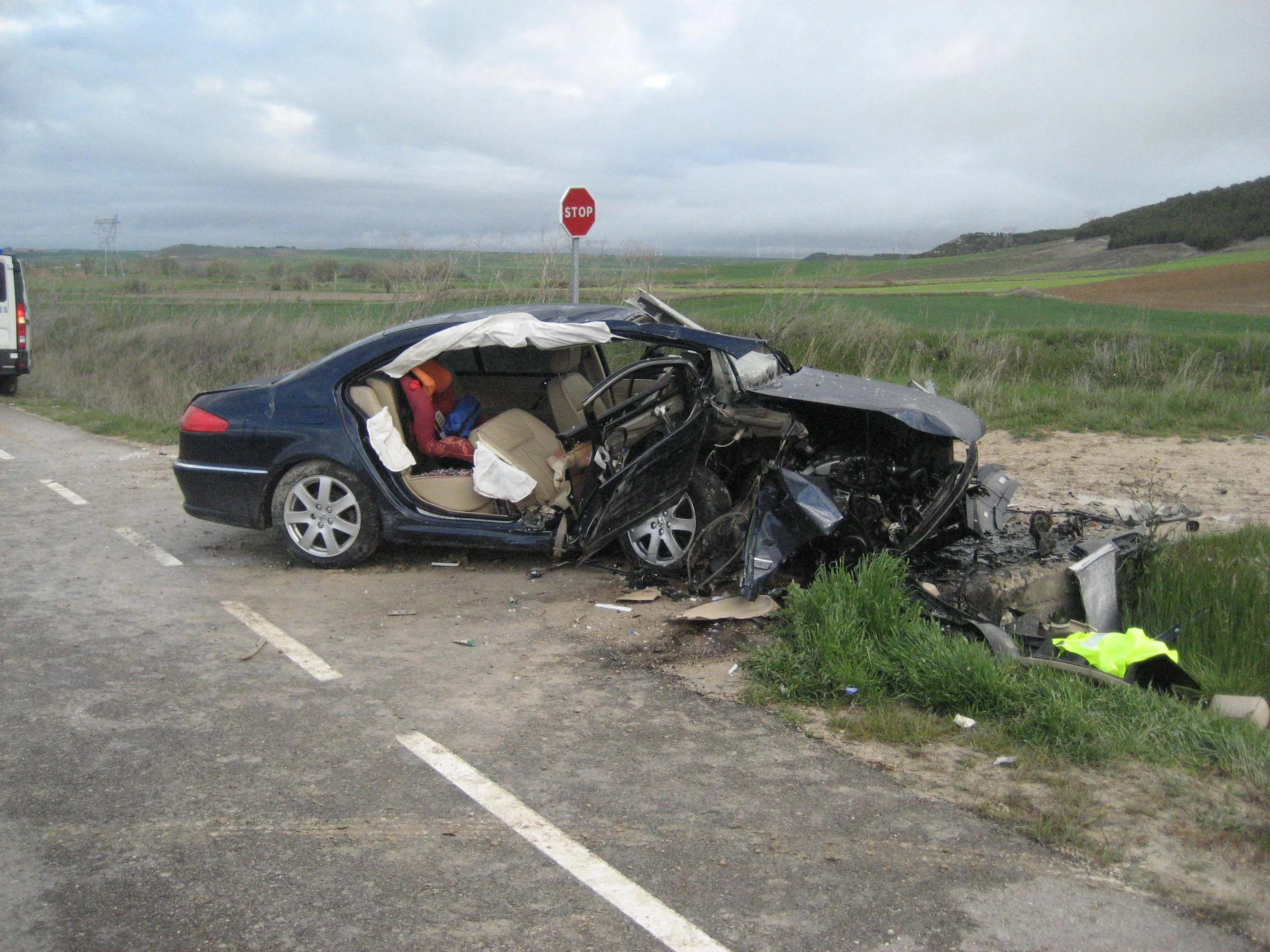A study from the US focussing on driving impairment from alcohol reveals results of major concern. According to the results, even drivers who are minimally impaired are more often to blame for fatal car crashes than the sober drivers they collide with. The study analysed data from crashes in the US and was led by UC San Diego sociologist David Phillips. The results were published in the British Medical Journal group’s Injury Prevention. In all the study examined 570,731 fatal collisions, from 1994 to 2011.T
May 13, 2014
Read time: 2 mins
A study from the US focussing on driving impairment from alcohol reveals results of major concern. According to the results, even drivers who are minimally impaired are more often to blame for fatal car crashes than the sober drivers they collide with. The study analysed data from crashes in the US and was led by UC San Diego sociologist David Phillips. The results were published in the British Medical Journal group’s Injury Prevention. In all the study examined 570,731 fatal collisions, from 1994 to 2011.These showed that drivers with BAC 0.01 – well below the most common legal limit of 0.05 – are 46% more likely to be officially and solely blamed by crash investigators than are the sober drivers they collide with. The authors also found no “threshold effect” – “no sudden transition from blameless to blamed” at the legal limit for drink driving. Instead, blame increases steadily and smoothly from BAC 0.01 to 0.24.







